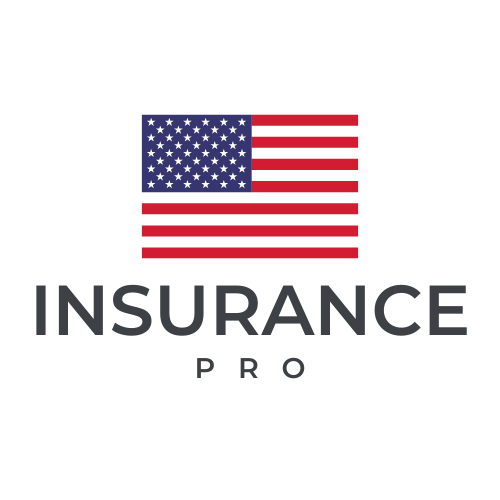Term Life vs. Whole Life: Life insurance is a crucial financial tool that can provide peace of mind for you and your family. When it comes to choosing a life insurance policy, one of the most important decisions you’ll need to make is whether to opt for term life insurance or whole life insurance. Let’s explore the key differences between these two types of policies.
Term Life Insurance
Term life insurance is a temporary policy that provides coverage for a specific period. If you die during the policy term, your beneficiaries will receive the death benefit. However, if you outlive the term, the policy expires, and you’ll need to purchase a new one.
Key Features of Term Life Insurance: 
- Affordability: Term life insurance is generally more affordable than whole life insurance, making it a popular choice for people on a budget.
- Flexibility: You can adjust your coverage as your needs change. For example, if you have a child, you can increase your coverage to provide for their education.
- Simplicity: Term life insurance is relatively straightforward and easy to understand.
Whole Life Insurance
Whole life insurance is a permanent policy that provides coverage for your entire life. In addition to the death benefit, whole life policies also build cash value. This cash value can be accessed through loans or withdrawals.
Key Features of Whole Life Insurance:
- Permanence: Whole life insurance provides lifelong coverage, ensuring that your beneficiaries will always be protected.
- Cash Value: The cash value component of a whole life policy can be used for various financial goals, such as retirement savings, college funding, or even a down payment on a home.
- Investment Potential: While the cash value growth of a whole life policy is not guaranteed, it can offer investment potential.
- Tax Benefits: Whole life insurance policies may offer certain tax benefits, such as tax-deferred growth of the cash value and tax-free death benefits.
Choosing the Right Policy
The best type of life insurance for you depends on your individual needs and financial situation. Here are some factors to consider when making your decision:
- Budget: If you’re on a tight budget, term life insurance may be a better option. However, whole life insurance can also be affordable, especially if you purchase a policy early in life.
- Time Horizon: If you need coverage for a specific period, such as until your children are grown, term life insurance may be sufficient. However, if you need lifelong coverage, whole life insurance may be a better choice.
- Financial Goals: If you’re looking for a financial planning tool in addition to death benefits, whole life insurance may be a good option. The cash value component can be used to accumulate wealth over time.
- Risk Tolerance: Whole life insurance offers a more stable investment option compared to variable life insurance, which is linked to the performance of underlying investments.
- Tax Implications: Consider the tax implications of each type of policy. Whole life insurance may offer certain tax benefits, but it’s important to consult with a tax advisor to understand the specific rules.
Ultimately, the best way to determine which type of life insurance is right for you is to consult with a qualified insurance agent. They can help you assess your needs and recommend a policy that meets your specific requirements.
If you’d like to know more about what you qualify for, schedule a free consultation.
We are also looking for great people to work with at our agency. If you are looking for a new career, take a look at our company, Symmetry Financial Group here.

